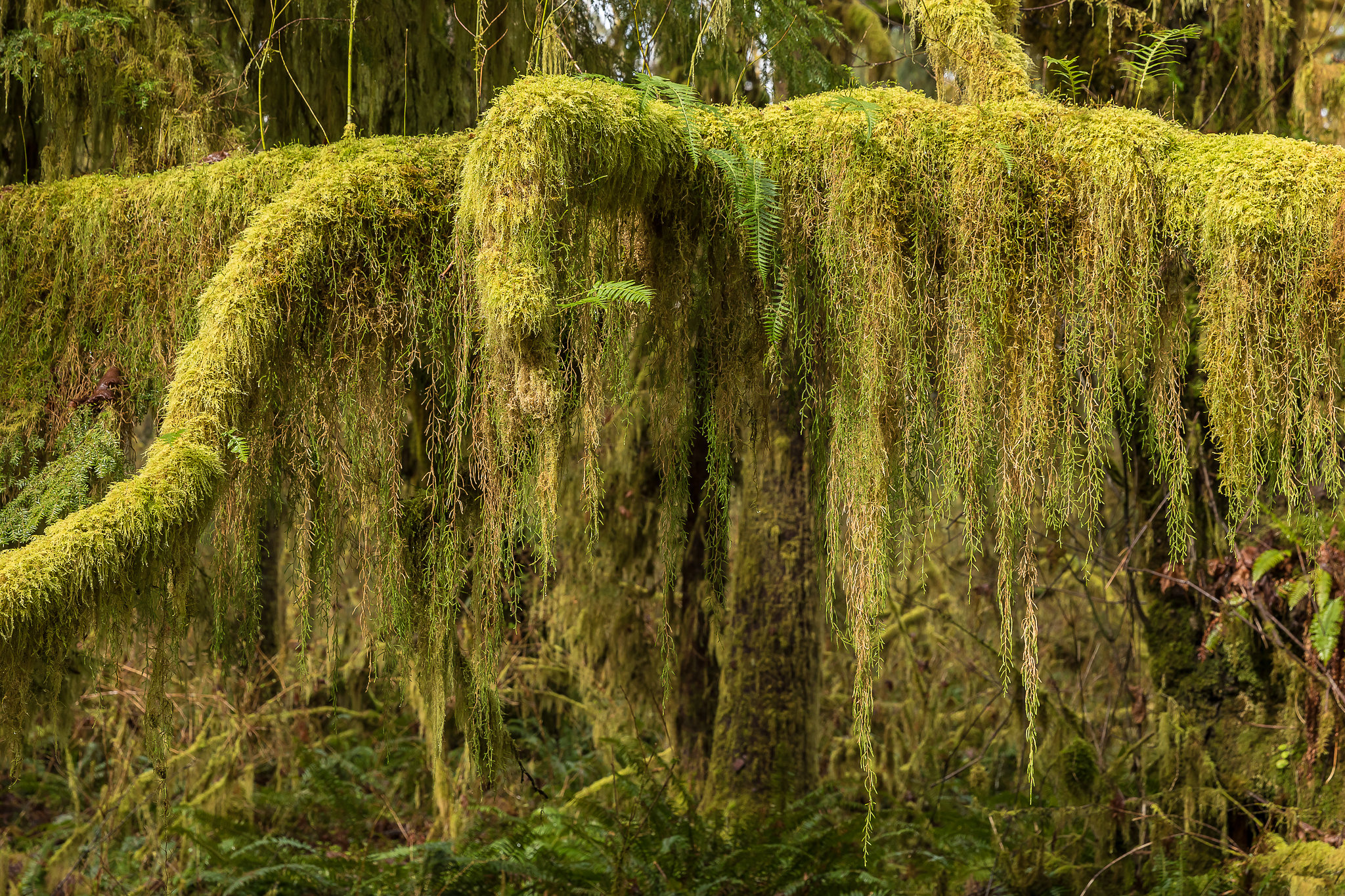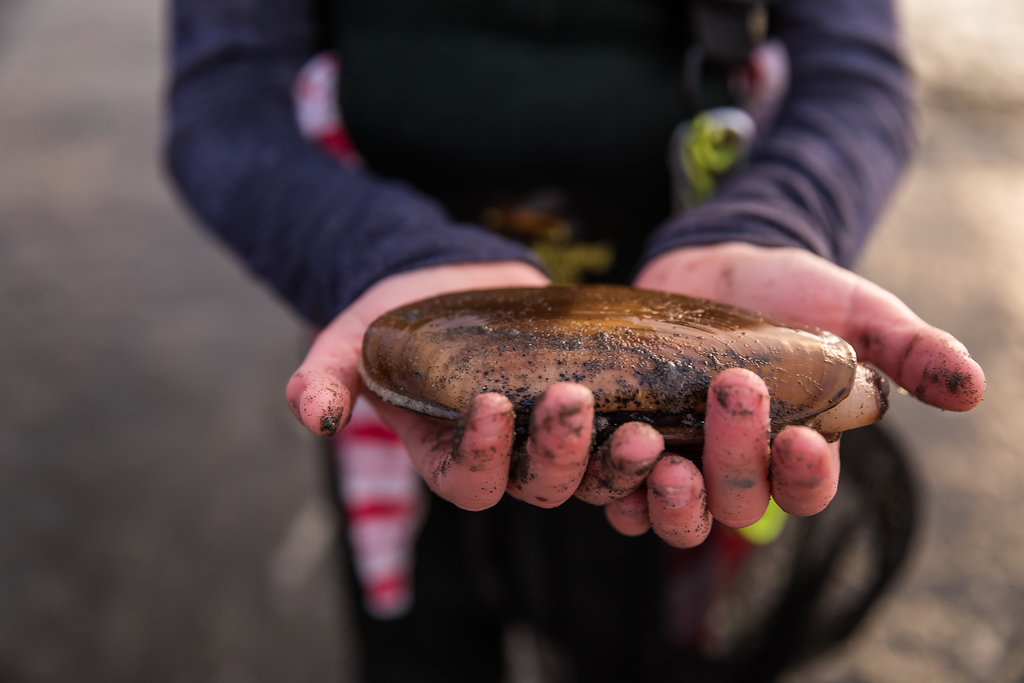Lylianna Allala, climate justice director for the City of Seattle, discusses the connection between nature and culture, her work to address environmental inequities and her vision for a future where marginalized communities can thrive in the face of climate change. Lylianna emphasizes the importance of slowing down and embracing inclusivity and diverse perspectives in the conversation about creating a just and sustainable future for all.
Environmentalist Lylianna Allala, the climate justice director for the City of Seattle’s Office of Sustainability and Environment, grew up in a household where the intricate connection between nature and culture wove the fabric of family and everyday life. Lylianna's early memories are filled with strolls through her grandparents' garden, where they imparted wisdom about healing plants, such as aloe, and their cultural significance. These moments became the foundation of her understanding that she, as a Chicana, is not separate from nature but an integral part of it.
"I was raised with values around being in relationship with nature and the Earth, knowing that I'm not a separate actor in nature, rather part of it," Lylianna said. "My family taught me to care for Mother Earth because she cares for us."
However, Lylianna's formative years in a Chicago neighborhood near O'Hare Airport starkly contrasted her early experiences interacting with nature. Living under flight paths and near a busy highway, she experienced the environmental injustices that plague Black, Indigenous and People of Color (BIPOC) communities in the U.S. Noise and particulate pollution became an accepted part of life. It was only later that Lylianna realized her family settled there due to affordability and the accessibility of a good education.
The impacts of systemic inequities in urban planning shaped Lylianna's upbringing and fueled her determination to address the root causes of environmental injustice. Another influence on Lylianna's journey was her extended family's life in the Eagle Ford Shale Basin in South Texas, where the detrimental effects of fracking on the Latinx community were impossible to ignore.

"I don't remember the last time they were able to drink water from the faucet,"she said. "These lived experiences inform how I approach my work, connect with communities affected by such injustices and identify solutions that catalyze collective action."
For Lylianna, “serving on the Board of Trustees for The Nature Conservancy (TNC) in Washington allows me to connect my passions for co-developing climate solutions that improve community health, eliminate pollution, preserve the health of Washington’s natural environment and create opportunities in the green economy. I’m most excited to champion and help steward implementation of TNC in Washington’s updated strategic plan.”
Both a skilled communicator and an ecologist, Lylianna graduated with an English degree from Winona State University and has held many roles in her career, starting as an AmeriCorps member with Seattle-based EarthCorps to program manager of diversity, equity and inclusion initiatives for the Environmental Leadership Program. She also studied wetland science and management and non-profit management. Furthermore, her hands-on background gives her a holistic understanding of the relationship between planetary health and human well-being.
As urban forestry director at West Seattle-based non-profit Nature Consortium, restoring the West Duwamish Greenbelt (Seattle's largest contiguous forest), Lylianna was inspired to create solutions that bring people closer to nature. "I learned tactical skills and lessons about how to design programs and policies in a way that excites people," she said. Lylianna used her unique vision to co-create the RAY Diversity Fellowship, which connects college graduates from diverse backgrounds to entry-level environmental professions. She also co-founded the Seattle chapter of Environmental Professionals of Color, which fosters a network for thought leaders and change agents of color in the environmental movement.
"I work with folks experiencing the burdens of a changing climate but who have contributed least to its root causes and who often have the most strategic solutions for sustainability," she said. "'Climate justice' means finding ways to redistribute power and support the leadership of those communities."

In 2017, U.S. Congresswoman Pramila Jayapal named Lylianna the policy and outreach coordinator for the U.S. House of Representatives, preparing her for a career in public service. Lylianna became climate justice director for the City of Seattle in 2019—her most impactful role to date.
Starting with two staff members dedicated to environmental justice, her team has expanded to eight professionals collaborating with academia, government, nonprofits and the private sector. Seattle’s Office of Sustainability and Environment’s innovative programs include building an inclusive clean energy workforce, creating more avenues for public transportation and mass transit, and working to eliminate tree canopy disparities in predominately BIPOC communities across Seattle. They are also bringing "resilience hubs" to Seattle, a concept piloted in other cities that invests in trusted community-managed facilities to equitably enhance resilience to the impacts of climate change while reducing greenhouse gas emissions and fostering strong social bonds.
As the world collides with climate change, Lylianna envisions—and works toward—a future where historically marginalized communities can thrive and build generational wealth.
Outside of her professional endeavors, Lylianna finds solace in her connection to nature. She developed a deep appreciation for wetlands, describing "liminal spaces" like riparian zones as rich and diverse, much like the complexities of marginalized communities. This perspective fuels her participation in the work done by TNC, which she said “engages in habitat restoration and ecology work in a way that speaks to the plant nerd in me."
While Lylianna is ambitious, she emphasizes the importance of slowing down and rejecting the manufactured urgency of our society. She believes we invite more creativity, inclusivity and diverse perspectives into the conversation by embracing a slower pace. Lylianna reflects on these ideas in the podcast Growing Old of which she is a co-creator. She also serves on the Short Run Comix & Arts Festival board, an annual event for comic artists to sell their work and connect with the artistic community.

“In a world that often rewards the loudest and fastest voices,” Lylianna asserts, “it’s important to slow down and invite more creativity and inclusivity and make space for people who communicate or think differently.”
She encourages people who want to make a positive difference to seek any opportunity where they can make their voices heard. “While the system can make us feel disempowered, we have a lot of agency, and we can claim that agency,” she said. “When you think about where you can access levers of power for change, the world opens up.”
We Can’t Save Nature Without You
Sign up to receive monthly conservation news and updates from Washington. Get a preview of Washington's Nature News email.



